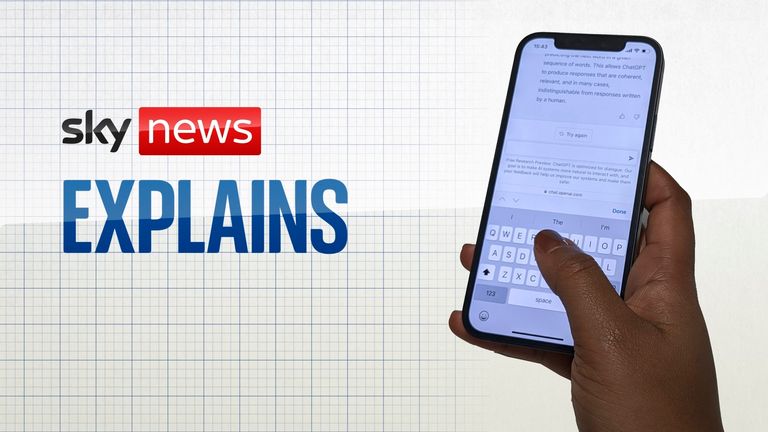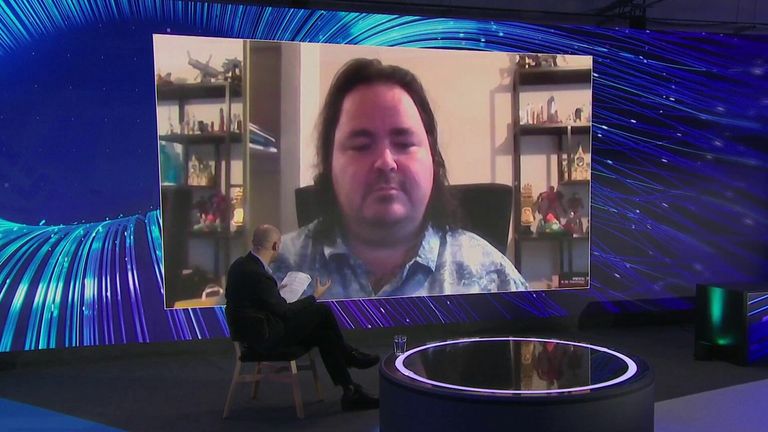Recruitment team unwittingly recommends ChatGPT for job interview
A recruitment team unknowingly recommended ChatGPT for a job interview after the AI was used to complete an application task.
Since its release back in November, the internet at large has been putting the impressive language model through its paces to see just how flexible and human-like it can be.
With little more than a short prompt, the bot has had a go at everything from writing articles to solving PC problems, putting the fear of potential redundancy into copywriters, customer support staff and beyond.
But one business owner decided to get ahead of that particular game, involving the ever-improving software in his company’s hiring process to get an idea of just how worried he should be.
It ended up getting shortlisted for an interview.
The application
Like the human candidates, ChatGPT was given a writing brief: “In 300 words, tell us the secret of good writing.”
It was going for a job at the communications consultancy firm Schwa, which was looking to vet applicants based on whether they could craft some thoughtful, punchy, attention-grabbing prose.
ChatGPT spat out an answer in no time, stressing that behind all good writing is the ability to “tell a good story”.
With submissions divorced from any names and CVs when evaluated by staff, they were left ignorant as to the involvement of a robot applicant.
Less than 20% of applicants were shortlisted for consideration – and ChatGPT was one of those few that made it to owner and founder Neil Taylor’s desk.
“It was more competent than a lot of the bad people who apply to us,” he told Sky News.
“Given what we have to do is write things that stand out and get attention, I thought that was a real test.”
Read more:
Ultimate homework cheat? How teachers are facing up to ChatGPT
The assessment
ChatGPT may have made the shortlist – but it did need some extra encouragement along the way.
Like Sky News’s attempt to have the bot write an article about itself, its initial attempts at Mr Taylor’s writing brief were deemed “competent but dull”.
Only with more specific briefs did it improve, the answer which made the final cut having received the additional requirement to write in the style of American author and copywriter Dave Trott.
“It was much better – it was punchier, it sounded more opinionated, and it got shortlisted,” said Mr Taylor.
He added: “When I told the assessor that she had shortlisted ChatGPT, she was slightly crestfallen.
“But she was reassured when I told her how much work I had to do.”
Read more:
Google is testing a new AI chatbot – we put it through its paces
Should we be worried?
ChatGPT’s writing is certainly competent, but even with assistance it’s little more than that.
Having been trained on an internet’s worth of content, it’s limited in what it can produce by what already exists, hence mostly appearing as a dry impersonation of a human more than the genuine article.
So while it did the job it was asked to do, getting it is another matter.
“It’s dramatising the gap between something that’s really good and something just pretty good,” said Mr Taylor.
“Lots of people can produce pretty good – and so can ChatGPT.
“So any writers that are making a living writing dull stuff, they are going to be out of a job.”
Point taken.
For all the latest business News Click Here



